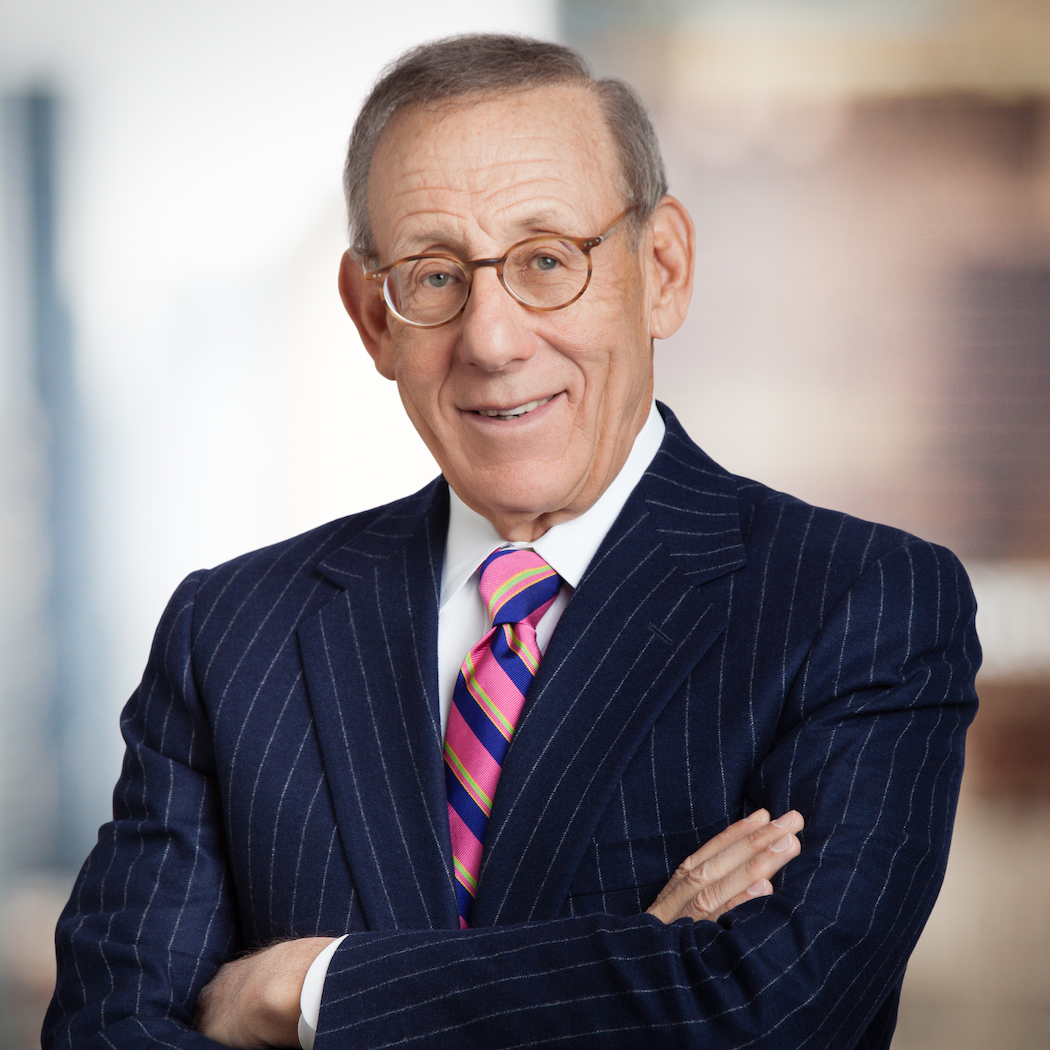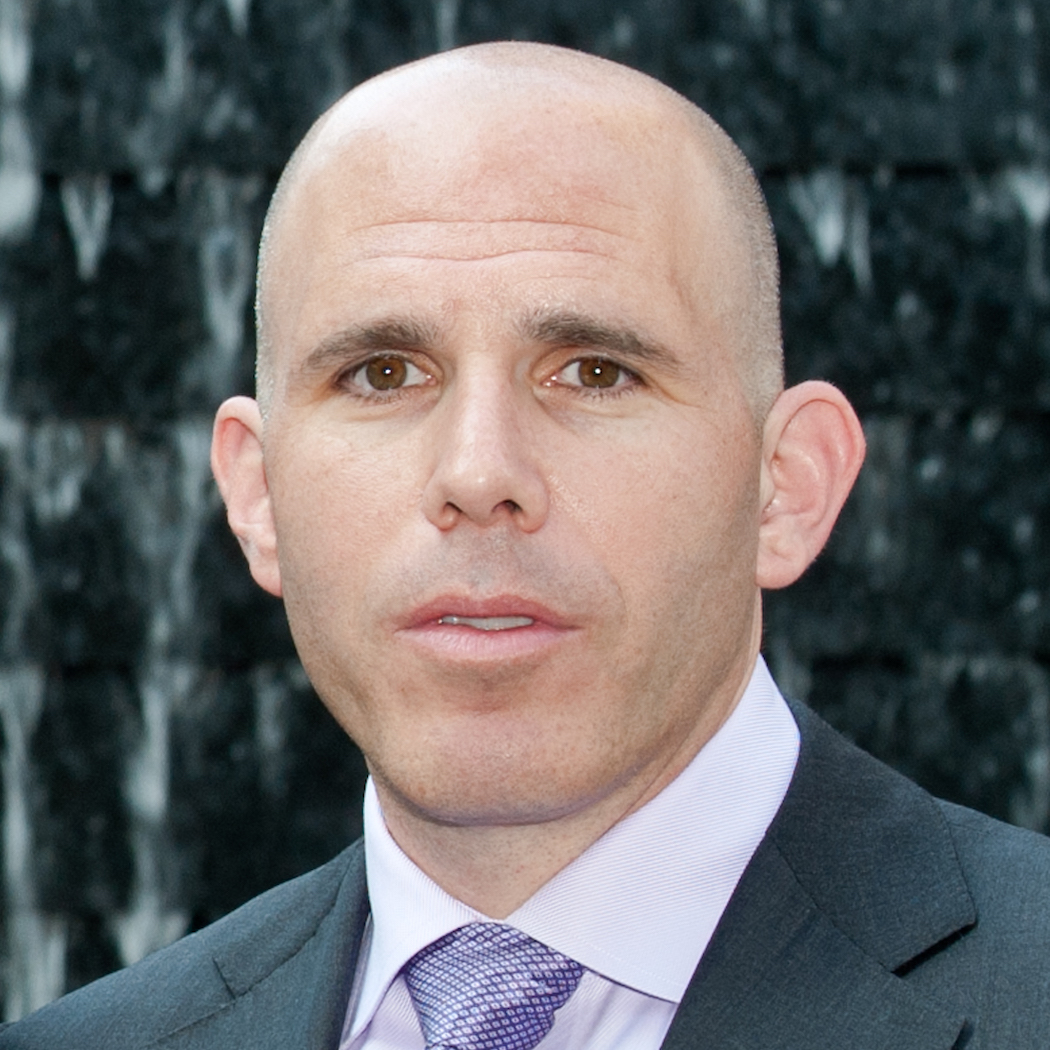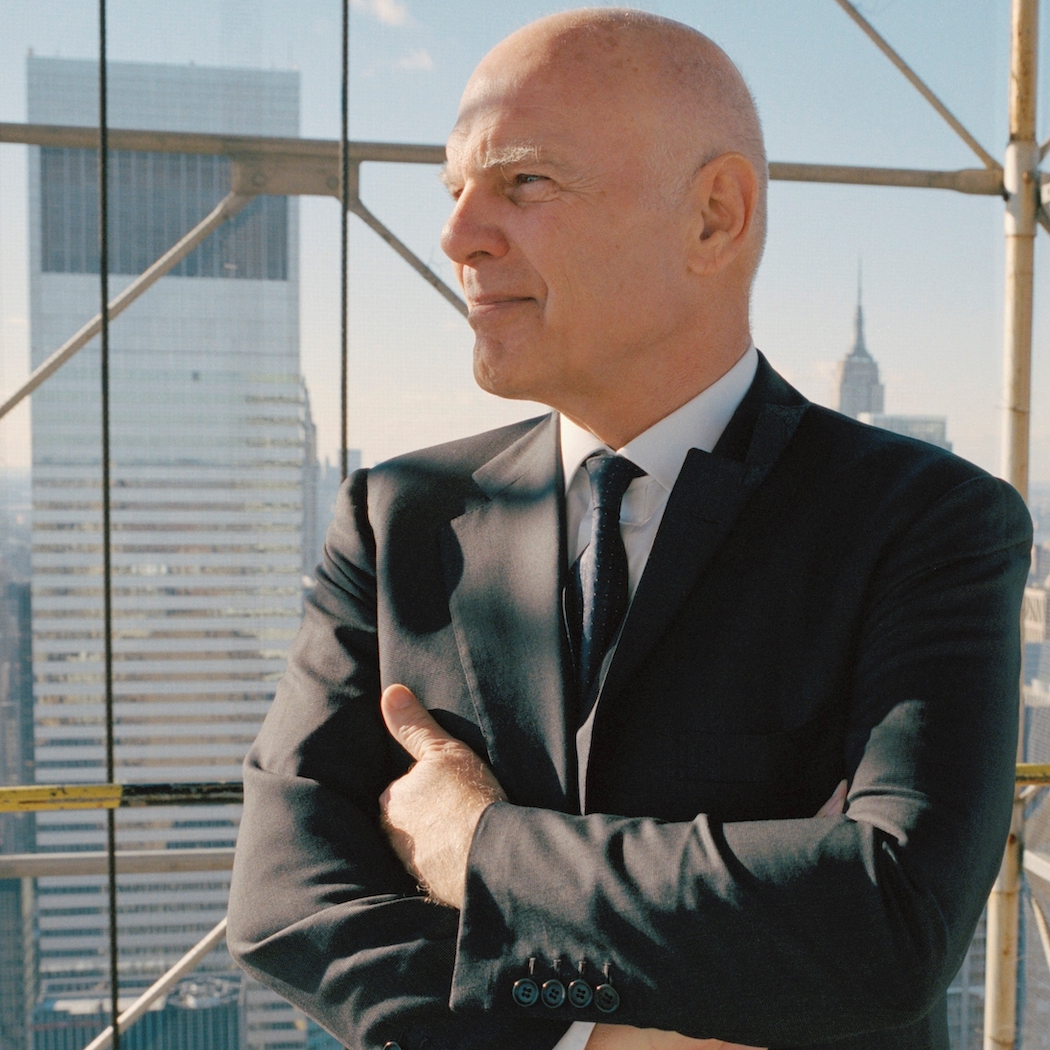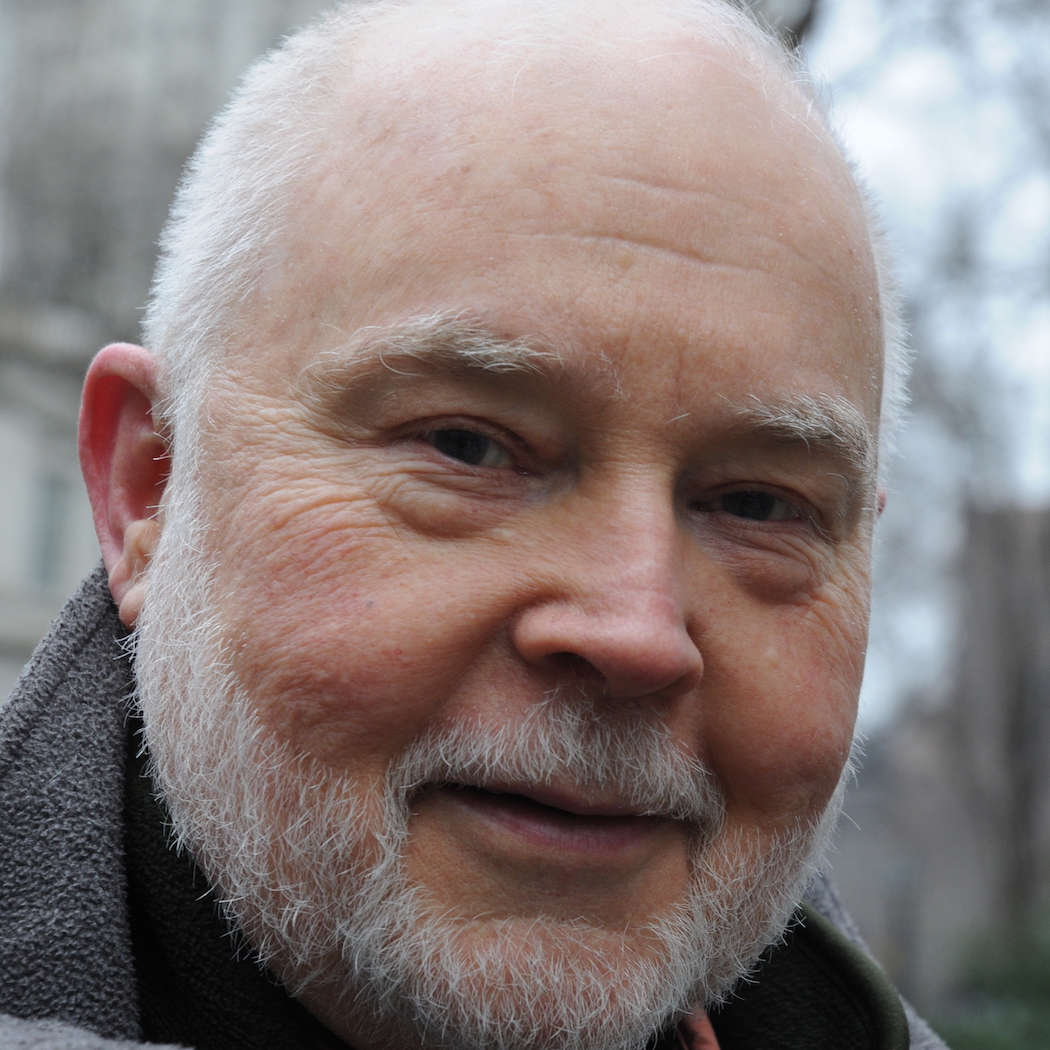Donald Trump got his start at his dad’s real estate company. Andrew Cuomo was in his 20s when he launched a housing nonprofit. Eliot Spitzer’s family owned a development company, and after a stint in politics, he followed in his father’s footsteps. Other aspiring politicians – Carl Paladino, Paul Massey – made names for themselves in the field before seeking public office. And plenty more have jumped back and forth between government and real estate work.
Of course, the interaction between developers and policymakers manifests itself in a myriad of ways, from land use regulations to construction safety standards, from affordable housing programs to neighborhood rezonings, from property tax codes to tax subsidies and incentives.
City & State’s Real Estate Power 100 identifies the key executives, elected officials, appointees, advocates and others at this intersection of real estate development and public policy. Unlike other rankings, ours is not based primarily on total square feet or annual profits or the biggest deals. Instead, we identified the industry leaders who build buildings and political relationships, the lawmakers and administration officials who weigh the needs of residents against developers’ needs to make housing projects profitable, and the trade associations, lobbyists, publicists, academics and activists who all shape New York’s vibrant real estate world in so many ways.
Thank you to our sponsors
[INSERT_SPONSORS_LOGO]
1. Vicki Been
New York City Deputy Mayor for Housing and Economic Development
Last May, Vicki Been returned to City Hall as deputy mayor for housing, which makes her a key liaison to the real estate industry and the driver of one of New York City Mayor Bill de Blasio’s top priorities: creating or preserving 300,000 units of affordable housing.
Been brings plenty of relevant experience to the influential post, having served for three years as the commissioner of the city Department of Housing Preservation and Development. In that previous role, she was a principal architect of the mayor's Housing New York plan, which relies on neighborhood rezonings, tax exemptions, a new mandatory inclusionary zoning program and other tools to meet the mayor’s ambitious affordable housing targets.
In 2017, she left City Hall to return to New York University, serving as faculty director of the Furman Center for Real Estate and Urban Policy, while also serving as co-chair of de Blasio’s advisory commission on property tax reform. Since rejoining the administration last year, her portfolio has included increasing the city’s inventory of affordable housing, spearheading the mayor’s rezoning plans and overseeing NYCHA.
2. Stephen Ross
Founder and Chairman, Related Companies

Not any developer can build an entire neighborhood from scratch, much less a master-planned “city within a city” emblematic of the new gilded age. Stephen Ross’ $25 billion Hudson Yards megadevelopment presented daunting technical and bureaucratic challenges. Along the way, the billionaire mogul clashed with the powerful Building and Construction Trades Council of Greater New York, but Related ultimately reached an agreement that could set benchmarks for the industry.
Yet Ross’ interests aren’t limited to construction. He owns an NFL football team, the Miami Dolphins. Last summer, reports of his $100,000-a-head fundraiser in the Hamptons for President Donald Trump spurred a backlash and calls to boycott Equinox and SoulCycle, two other businesses he owns. The multibillionaire also made headlines recently for seeking a low-cost federal loan for the undeveloped portion of Hudson Yards.
Despite his Trump ties, Ross has backed moderate Democrats, making contributions to Gov. Andrew Cuomo early on and, more recently, to Melinda Katz’s successful campaign for Queens district attorney and Queens borough president candidate Donovan Richards.
3. Cea Weaver & Michael McKee
Campaign Coordinator, Housing Justice for All, Treasurer, Tenants PAC

When Democrats took control of the state Senate in 2018, tenant advocates saw an opportunity. The real estate industry certainly had tangled with Michael McKee, a longtime activist, but they never saw Cea Weaver coming, even though she had been working to elect pro-tenant legislators in the run-up to the last election cycle. The result was last year’s historic rent regulation legislation, which makes it harder for landlords to raise rents on regulated units while making the stronger tenant protections permanent.
McKee has been a tenant advocate for 50 years, and last year must have ranked among the most gratifying. In 2018, McKee also helped Democrats take control of the state Senate after years in the minority, paving the way for the sweeping rent control legislation. Look for Weaver to continue fighting to expand tenant protections and secure more government funding for housing issues this year. And don't expect McKee to take his foot off the pedal; Expanding protections for market-rent tenants remains a priority.
4. Scott Rechler
Chairman and CEO, RXR Realty

Scott Rechler may run a firm managing over 25 million square feet of commercial real estate space in the New York City area, but he’s also one of the state’s most politically engaged developers.
Rechler has served as Gov. Andrew Cuomo’s appointee to the boards of the Metropolitan Transportation Authority and the Port Authority of New York and New Jersey, including as vice chairman. It was only because RXR Realty is part of a multibillion-dollar office and hotel project next to Grand Central Terminal that he left the MTA board.
Yet Rechler continues to be active in the public sphere. He helped launch a legal battle calling on New York City to reform its widely criticized property tax system. He joined a pledge to halt evictions due to the coronavirus, then went a step further by providing $1 million in aid to the residents of New Rochelle, an early coronavirus hot spot in New York. Rechler is also opening his checkbook to back Democratic presidential candidate Joe Biden – and hasn’t ruled out running for office himself some day.
5. Steven Roth
Chairman and CEO, Vornado Realty Trust

Steve Roth is one of the largest property owners in New York City. Included in his impressive portfolio are two skyscrapers that he jointly owns with the Trump Organization and Kushner Companies. The tycoon has advised the White House on infrastructure and economic policy. Roth's latest bet – to the tune of $2 billion – is that the area around Penn Station can be redeveloped into a high-end commercial district.
Yet Roth has taken seemingly contradictory stances on the proposed Gateway tunnel, a key infrastructure project which would add much-needed commuter rail capacity under the Hudson River – and upgrade the Penn Station area in a way that would likely benefit his redevelopment plans. Roth is both a major donor to Gov. Andrew Cuomo, who has championed the project, and a contributor and informal adviser to President Donald Trump, who has effectively halted it. Roth reportedly encouraged the White House to undermine the project – although he later insisted that he wanted to see it get done.
NEXT STORY: The 2020 Above & Beyond




